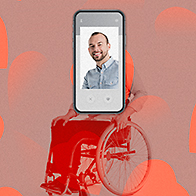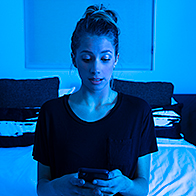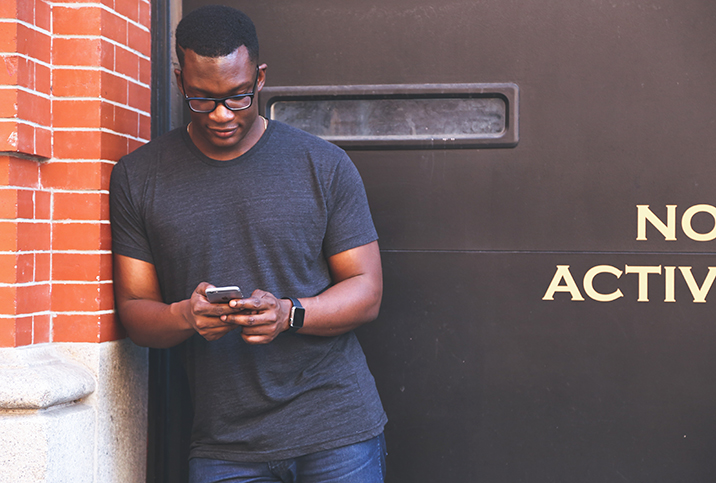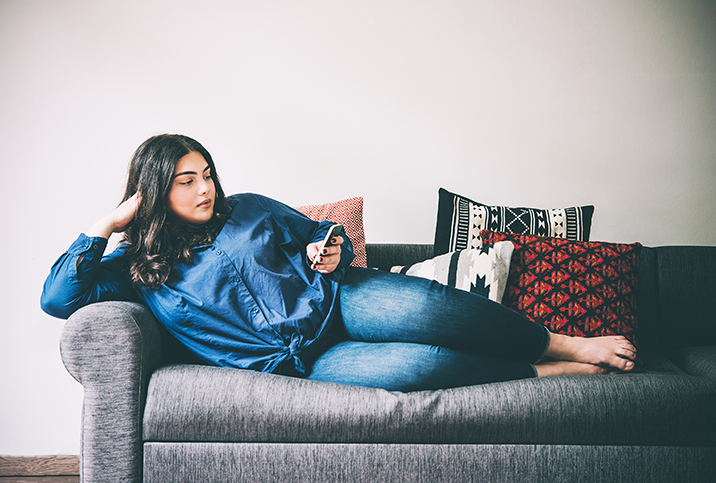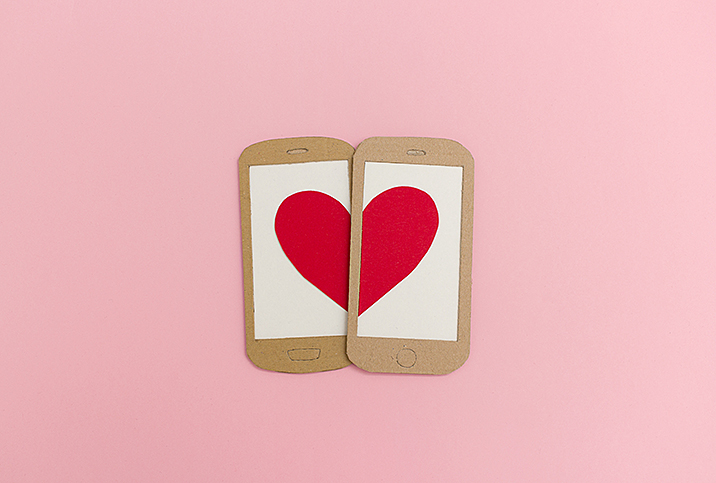Facetune Might Be the New Way to Catfish
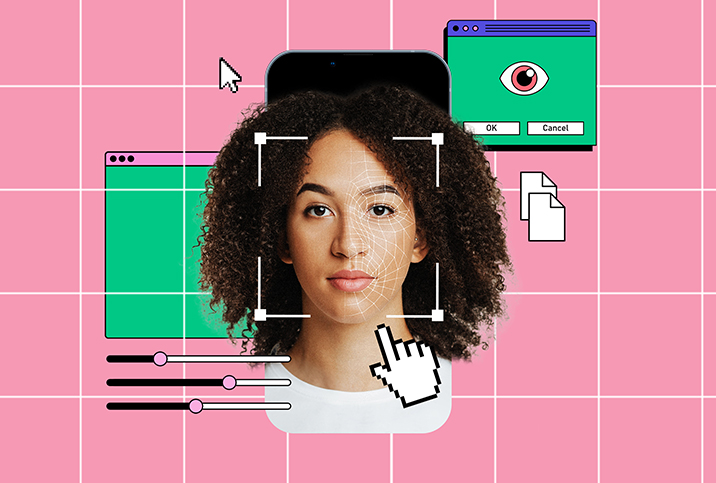
When Paul, 26, studying law at Harvard, invited a date he met on Tinder to a bar in their shared city of Boston, he expected a fellow student. Though she never claimed to be one, her pictures were of a young woman, about his age. When she arrived, he realized this was entirely not the case. His date's youthful glow was absent in person.
"It was the first time those editing apps have fooled me," Paul said. "Usually, it's pretty easy to tell and swipe left, or it's not so obvious in person. I just prefer to date other women my age."
'Those editing apps' refer to the infamous photo retouching application Facetune, launched by Lightricks in 2013, and the more recent Facetune 2. According to co-founder and CEO Zeev Farbman, Lightricks has seen more than 160 million downloads across its paid apps, including by such luminaries as the Kardashian family, Chrissy Teigen, Busy Phillips, and Instagram influencers and every Bravo Housewife.
It's difficult to be a regular person on social media when not even Botox and glam squads are enough for celebrities to feel comfortable in photos. As our virtual selves become as relevant as, if not more so, than our human bodies, Facetune apps amassed more than 30 million iPhone downloads in 2021 alone.
Leaning into Facetune fever
People most commonly use Facetune when posting photos on Instagram, but online daters sometimes use these same edited profile pictures to attract more likes and potential mates.
"I think it can be considered catfishing depending on the situation," Paul said. "Girls can edit their photos like makeup on steroids, but it's no different than how guys fabricate jobs to get hot girls to sleep with them."
While Paul believes prospective dates may doubt that he really attends Harvard—based on the lies they've experienced online from other men—he similarly wonders if the women he's reaching out to have altered their waist to be thinner or edited their face to be 10 years younger.
Don't think of this like it's a battle of the genders, however, considering that men are just as guilty as women of enhancing photos in what has been dubbed online as the "Facetune epidemic." Most users seem to believe the final products still look like them, just optimized. After all, logically, most people should strive to make the edits unnoticeable, in their opinion.
"I feel like there are two types of people who use Facetune," said Lizette, a 35-year-old in Brooklyn, New York. "Those who just want to fix minor things and make a great photo amazing. And then there are people who edit without any self-awareness, and those, I believe, can be considered catfishers. I've gone on a fair amount of Hinge dates with older guys who clearly know about the smoothing feature."
Facetune's smoothing tool is advertised on its website to "remove any noticeable blemishes, scars, redness or discoloration." More commonly, folks use it to remove signs of their mortality, plus pimples.
For 29-year-old Amanda in Manhattan, Facetune has made her online dates paranoid at first but then grateful.
"A couple of people have asked me to FaceTime before meeting, just to literally verify I was real," she said. "Not to, like, toot my own horn, but a lot of guys immediately compliment me for looking better in person. They start talking about the opposite situation that's happened with girls Facetuning their faces and bodies."
The catch-22
Isn't the rationale flawed in making prospective dates fall in love with your edited selfies? After all, your Tinder profile can't physically show up to dinner. Interestingly enough, while Paul, Lizette and Amanda agree Facetune is a form of catfishing, they admitted to at least performing minor edits or using filters on their own photos.
"Misrepresentation online doesn't translate to real-world connections," said Alison Marie, a Southern California-based dating coach who works with her clients to remove photos or information that can be perceived as inaccurate because it's a "real turn off and potential deal-breaker when you meet someone face-to-face."
Marie initially asks her clients what they look for in potential matches online.
"They almost always say to look for pictures that look natural and best represent the person," she said. "Confidence is attractive and posting accurate images is a great way to show this confidence. Otherwise, when we see over-filtered photos or images that look edited, clients aren't interested in connecting with those profiles due to concerns about who the person is in real life and wondering what is underneath the desire to edit their photos."
Ultimately, this might be a catch-22 for most social media users who refuse to upload an untouched photo. How can society embrace a dating culture of authenticity when several state attorneys general in the U.S. are investigating social media platforms such as TikTok to see if it harms young users' mental health, including self-image? And body image will likely continue to play a role in online dating.
Cosmetic surgeons recently told HuffPost they now "regularly have patients come in with photos of themselves that have been so heavily Facetuned they would be anatomically impossible to replicate. Jaws so slim that teeth would need to be pulled. Waists so cinched that ribs and internal organs would need to be removed."
Of course, singles believe that to find love online they must present the best version of themselves. But what happens when they consider their humanity the problem? Perhaps, by individuals embracing acceptance of each other, one unedited selfie at a time, modern society will eventually accept itself.







